July Charter, the 1/11 Kings Party, and Staining the 2008 Election

The “July Charter” announced by Muhammad Yunus was written by a professor who imitated the Declaration of Independence of Bangladesh — drafted by Barrister Amirul Islam and Subrata Roy Chowdhury (with input from Syed Nazrul Islam, Tajuddin Ahmad, and many others).
But a fundamental difference remained: Syed Nazrul Islam, Tajuddin Ahmad, Barrister Amirul Islam, and Subrata Roy Chowdhury were all lawyers — hence, every word of the Declaration of Independence carried clear legal weight.
The professor who drafted Yunus’s July Charter was not from the legal field, so the legal aspects were neither clearly articulated nor faithfully imitated. In truth, only two words — “and” and “whereas” — were essentially copied.
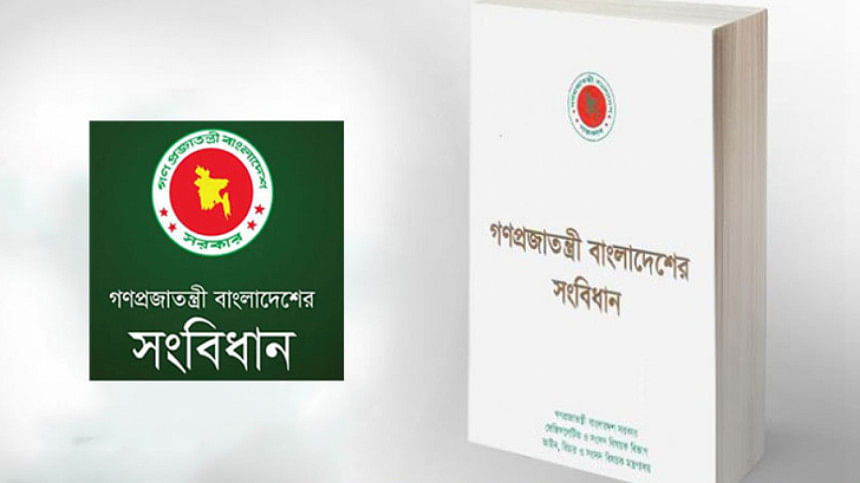
Future Security vs. Systemic Reform
Those who claim to have led the July movement are themselves unclear: do they seek systemic change through the July Charter, or are they looking for a constitutional guarantee to protect themselves from future prosecution or harm? A girl who recently broke ties with them said in a video that if the Awami League returns to power, “either we will be killed on the streets, or judicially executed.”
Thus, their concern for future safety was central to the July Charter. Many thought there would be an attempt to build a legal framework for this. Instead, the matter was left to the next elected parliament — legally, the only option available. Since it has been left to the future parliament, their fear is not of the Awami League, but of the law itself. Because once the law proceeds normally and they lose their mob power, how will the law protect them?
The matter is complex. For a professor of economics or political science, drafting such a guarantee is difficult; for journalists like us, diving into the ocean of legal intricacies is impossible. Yet it can still be said: the matter is complex because, since Bangabandhu’s time, Bangladesh has repeatedly attempted to grant indemnity in various cases. In the context of the police killings this time, indemnity has been granted for the fourth time in the country’s history. However, only one such indemnity — enacted through the Fifth Amendment — was made part of the Constitution. But it was rulled illegal ultimely by the Supreme Court.
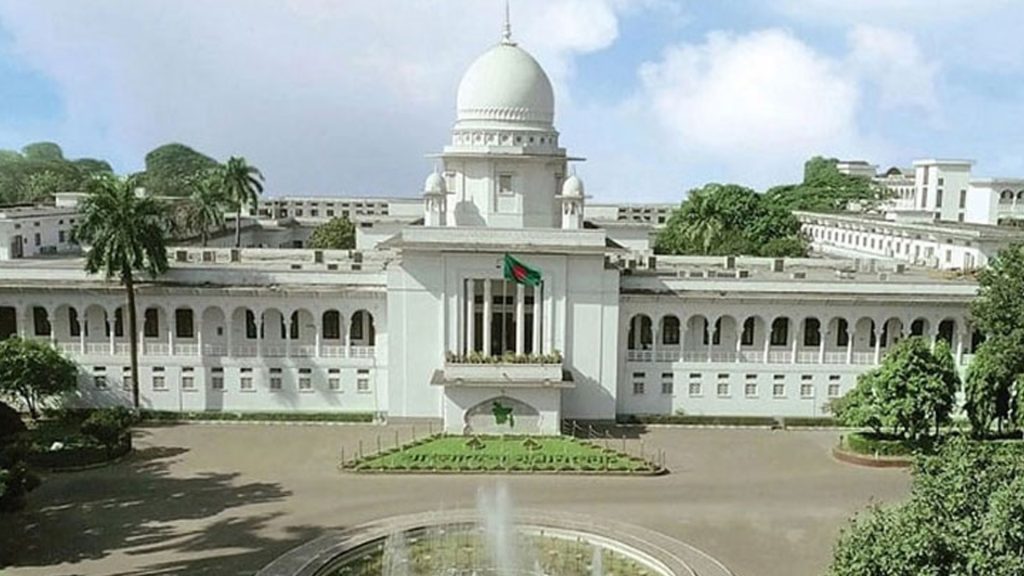
Constitutional Indemnity and Judicial Oversight
In general terms, any indemnity that violates the fundamental provisions of the Constitution and Article 26(2) will naturally be struck down by the judiciary—the Constitution’s guardian, the Supreme Court. Since the genesis of Bangladesh’s Constitution is the Declaration of Independence, and since that genesis cannot be altered, there is even a Supreme Court ruling by Chief Justice Badrul Haider Chowdhury affirming that the Declaration of Independence is the “genesis” or “mother cell” of the Constitution.
Therefore, as the Declaration of Independence cannot be altered, and since it is the Constitution’s genesis, no one has the authority to amend the fundamental chapters of the Constitution. In other words, the fundamental rights of every citizen, enshrined in the Constitution, cannot be legally changed. Amending or revising the Constitution does not mean tampering with its fundamental chapters. In any case, this matter has been left to the next elected parliament — and thus is a matter for the parliament and the judiciary.
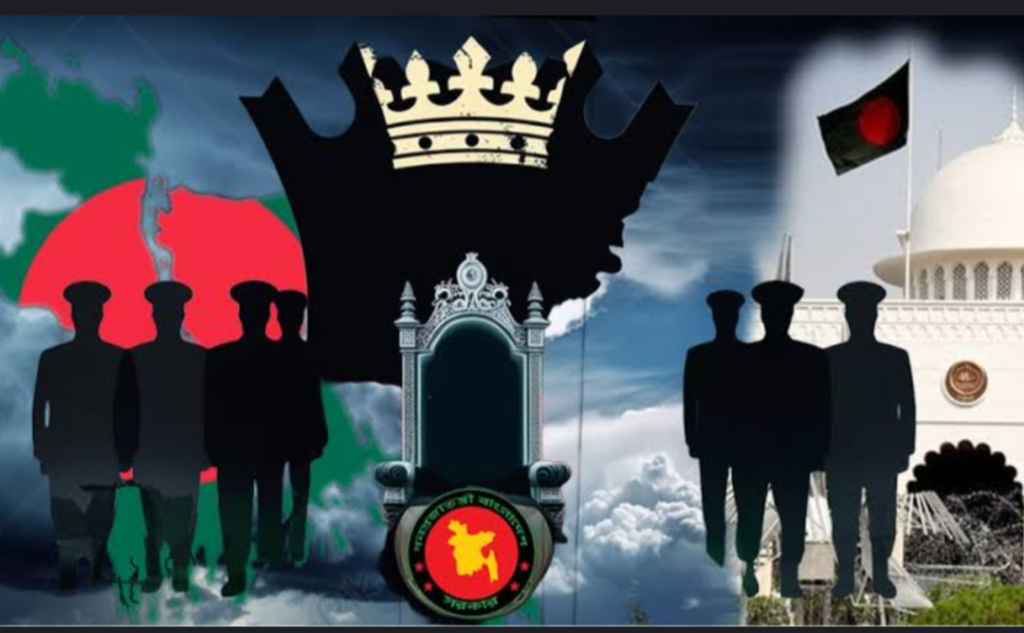
Casting Doubt on the 2008 Election
The July Charter also claims, among other things, that the 2008 election was to some extent conspiratorial and not truly fair.
Whether the 1/11 government came to power through conspiracy in 2007 or was compelled by circumstances is a major question. A detailed discussion of that would be too lengthy and divert from the current topic.
The 1/11 government was not a conspiratorial one; it was formed to deliver a fair election — something Muhammad Yunus knows better than we do. After all, he was the first to form a political party in support of that government. As journalists, we also know part of why he formed that party and who encouraged him to do so. At that time, I had considerable interaction with him as a journalist. When I was working at a particular newspaper, he would send his managers to me — not my superiors — to have his organisation’s news published.
As soon as he formed his political party, he entrusted publicity and public outreach to his brother, Muhammad Jahangir. My relationship with Jahangir bhai went back many years, though some of my other friends or elders didn’t look kindly on it. But I followed the advice of M.R. Akhtar Mukul bhai, who once said of a certain professor: had he not been forced to flee to Mujibnagar (India) for survival, he would have read even better commentaries for Pakistan Radio than those he read for Swadhin Bangla Betar Kendra.
Behind the King’s Party Campaign
After Jahangir bhai took on the publicity role, his campaign office was close to mine. He would often drop by my office, as he had been doing for years, to write, and during this campaign, we would speak at least two or three times a day.
Early on, Jahangir bhai was very excited. Dedicated Grameen cell phones and several email addresses were set up to collect expressions of interest from those wanting to join Yunus’s Nagorik Shakti. One day, after receiving several hundred emails and text messages, he was visibly elated.
In truth, he was completely apolitical and had no real understanding of political organisation. That afternoon, he came to my office, brimming with enthusiasm. I didn’t discourage him, but I reminded him that in 1996, before Kader Siddiqui left the Awami League to form a new party, he too had received many such letters and promises from leaders — none of whom ultimately joined him. Now, his only asset is his trademark gamchha (towel).
Jahangir bhai assured me that Kader Siddiqui’s venture and Dr Yunus’s were not the same — that this was no rural political party, but one backed by international forces and elements within the government. We talked for about an hour before I saw him off to his car.
Later, Yunus withdrew from forming the party. I even wrote a piece thanking him for stepping back. Thanks to friendships with some of those around him, I got a clearer picture of why he stepped away. That is now history.
After Yunus withdrew, Ferdous Ahmed Qureshi stepped in to fill the gap. Before launching the Kings Party, Qureshi bhai had tried to set up a Bangladesh branch of Germany’s Green Party. As the Press Club drew little interest in the Green Party, and as I still visited occasionally, he would seize the chance to discuss it with me. I even read quite a bit of Green Party literature thanks to him. When he began the King’s Party, he would often spend time with me during his office visits.
Eventually, I learned that Fakhruddin Ahmed’s caretaker government had abandoned plans to create the King’s Party, instead tasking a few advisers with reaching out to major political party leaders to arrange quick elections. I stayed in touch with those advisers and the politicians they were liaising with, to follow the news and political reality.
The advisers were highly capable, and the top leaders of both the Awami League and the BNP at the time, along with their former CSP officer aides, were skilled individuals. As a result, the country moved swiftly toward elections.
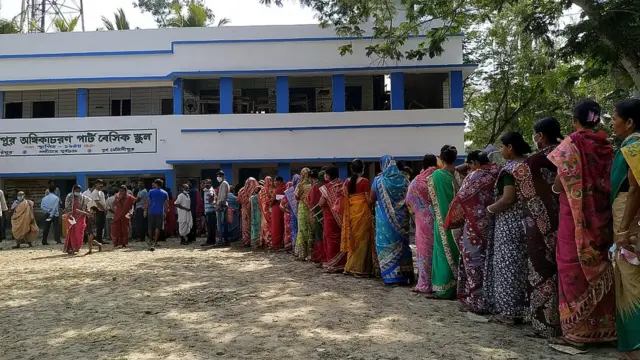
Polling, Reporting, and Reality
Before the election date was announced, a multinational company in Bangladesh conducted a survey, and another prominent figure arranged a separate one with local and foreign support. I managed to obtain the key results from both. Averaging the two, it was clear that the Awami League-led Grand Alliance would win over 250 of the 300 seats.
Just before the election, I wrote, as a “special correspondent,” that the Grand Alliance could win an absolute majority. On election day, I visited constituencies in Munshiganj, Keraniganj (Dhaka), Rupganj (Narayanganj), Ashulia (Savar), and parts of Mohammadpur and Motijheel in Dhaka. At a primary school polling centre in Keraniganj, I arrived at 7 a.m. to find long queues already formed, with busy workers wearing Nouka (Boat or the emblem of the Awami League) and Dhan-Er-Sish (Sheaf-of-paddy emblem of the BNP) badges.
Having covered the most elections in Bangladesh and India, I have seen that since the 1990s, while seat counts may swing significantly, the percentage of total votes for the winning and losing sides rarely shifts much — because of a certain electoral wave. Development or good governance has little effect on voting here; as Advani once said, “Elections here are not fought on bread-and-butter issues.” In reality, whichever wave is present dominates the field.
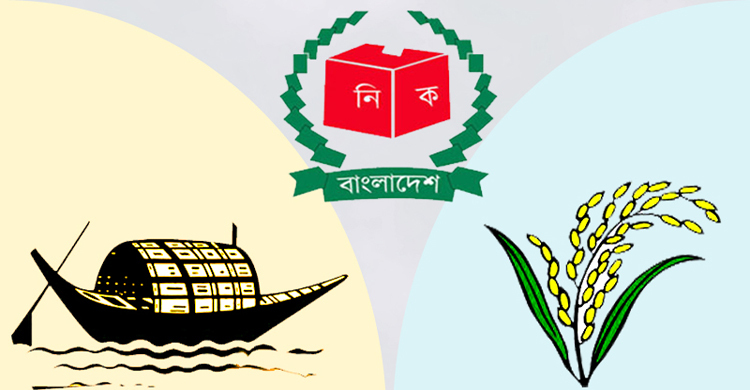
From what I have seen as a journalist—both from the outside and, to the extent possible, from within—I can say this: in its early phase, the 1/11 government twice tried to launch a “Kings Party” as part of a political-reform drive. Through segments of civil society and allied media, they sought to push the two top leaders out of politics. Some young reporters from the village area, only a few years into the profession, even stooped to writing pieces that effectively urged the two leaders to quit politics—what we colloquially call an “invitation to go watch the moon” (i.e., to step aside).
In the end, however, the election that was held— Rasheda K. Chowdhury, one of the caretaker government advisers, told the media on 6th August 2025 that the prior 2008 elections were one of the best in Bangladesh’s history. Based on what I knew at the time, I can say with emphasis that several advisers from that government, still alive today, could recount from A to Z not only how that election was conducted but how the country was put back on a democratic track.
As I have already noted, Muhammad Yunus’s ties to that government and its processes were deep. Why he now seeks, through a proclamation called the “July Charter,” to cast doubt on that election and label it a “conspiracy” is truly unclear. However, when something good is branded as bad, it is often the first step toward eventually establishing something bad as good. Will this prelude serve the nation well—or is it an ominous sign?
Author: Recipient of the highest state award in journalism; Editor, Sarakhon; The Present World.












